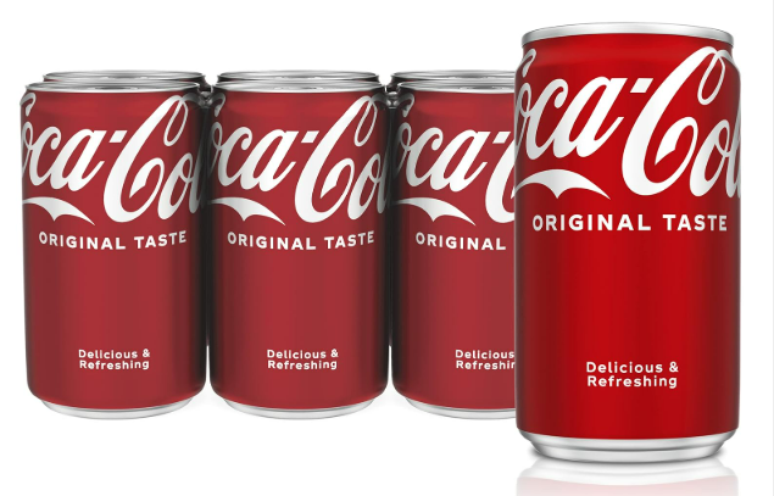Check the result of the blind tasting, which evaluated national and imported samples
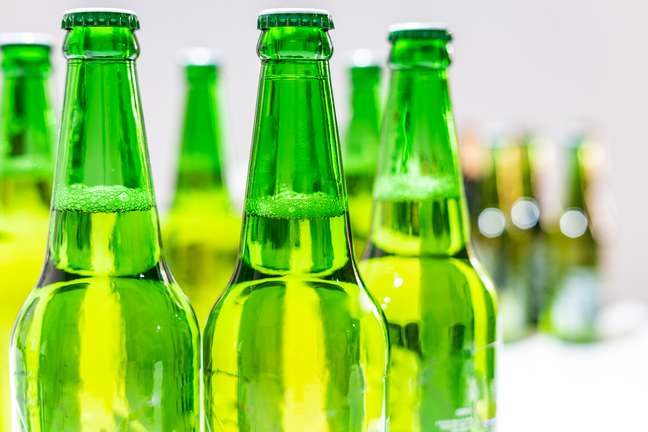
Five plainclothes people – including the journalist who is talking to you – occupy a table in the Câmara Fria bar, in Moema, to drink beers, lots of beers. A full plate – or rather, a full glass – for bohemian inspectors? Not this time! First, because we drank for work (and we can prove it!). And also because the drinks in question were all classified as “non-alcoholic” according to Brazilian legislation, ie they contained up to 0.5% alcohol by volume.
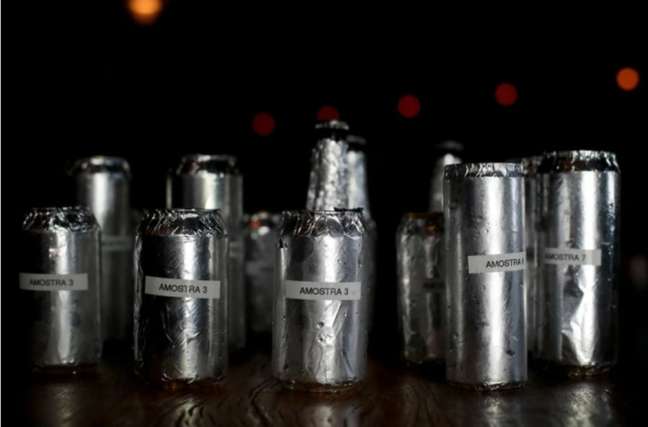
Besides me, a journalist from Paladar and a pregnant woman, the journalist Adriana Moreira – who started drinking zero-alcohol beers in 2021, during her treatment for breast cancer -, the brewer and sommeliera Julia Reis, the brewer Gabriel Ramalho and beer curator Natanael Bertholo were given the mission to sensorially (and blindly) evaluate the non-alcoholic beers the report found on the market. In total, seven brands were evaluated by the judges, who took into account aspects such as appearance, foam, aroma, carbonation, flavor, aftertaste (aftertaste) and drinkability of the samples.
“A good non-alcoholic beer is one that, despite this particularity, expresses the sensory profile of the style, that is, it is similar to the same alcoholic product that is on the market. Among the tastings we have identified some good beers that maintain the balance and the characteristic flavors and others that have brought more sweetness or unexpected aromas to the style advertised on the label ”, comments Julia.
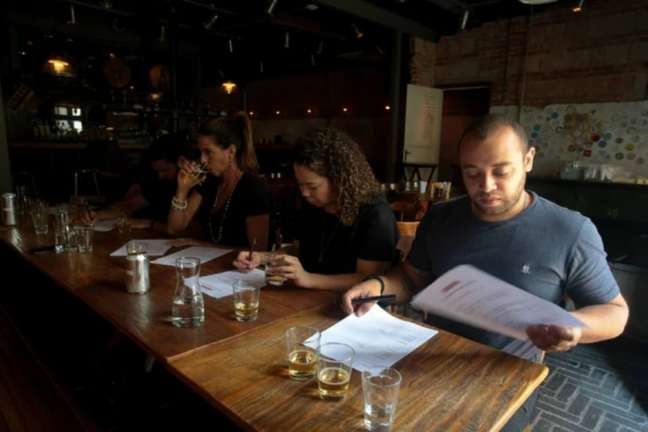
For comparative reasons, the panel included only large, domestic and imported beers found on supermarket shelves: Becker’s, Brahma, Budweiser, Estrella Galicia, Heineken, Itaipava and Oettinger. But it is worth remembering that the number of non-alcoholic labels, of different styles, produced by craft breweries is increasing. “The maturation of the non-alcoholic beer market is recent and is happening very quickly. A trend that should continue strong over the next few years ”, Gabriel bets.
See below the ranking of non-alcoholic beers.
classification
1st Budweiser Zero
(BRL 3.99; 350 ml, in St. Marche)
Launched in Brazil in March of this year, it promises the same flavor and freshness as the original Budweiser version, but with zero alcohol – and appears to deliver on its promise: “It doesn’t even look like non-alcoholic beer,” said one of the judges. it has secured first place for good carbonation, persistent foam, fruity aroma, strong bitterness and dry finish. You can “go for a spin and return zero,” as the advertising of the product suggests. Ingredients: water, malt, rice, hops and flavorings; alcohol content: 0.0%.
2a Heineken 0.0
(R $ 4.79; 350 ml, in Carrefour)
The non-alcoholic option of “verdinha”, as it is affectionately called, arrived in Brazil in 2020 and already has a legion of fans – including those who are loyal to the original version, but who for one reason or another have to stop. drinking alcohol. The beer secured second place on the podium for being well balanced and highly drinkable. The aroma and flavor wander between malt (in search of biscuit) and floral hops. There is a medium bitterness. Ingredients: water, malt, hops and natural malt flavor; alcohol content: 0.0%.
3a Estrella Galicia 0.0
(R $ 5.99; 250 ml, in Carrefour)
The non-alcoholic version of the famous Spanish beer is brewed through an interrupted fermentation process. Golden in color – the darkest of the samples, “reminiscent of the color of Guaraná” -, it has a very present scent and flavor of malt (derived from must). It has a good carbonation, a slight bitterness, but the judges’ judgment on drinkability was divided: while some approved its marked residual sweetness, others considered it cloying. Ingredients: water, malt, corn and hops; alcohol content: 0.0%.
4 Brahma 0.0
(R $ 3.69; 350 ml, in Carrefour)
Veteran among the non-alcoholic options on the market – it has been produced since 2013 with the alcohol removal method -, it has a light body, low bitterness and freshness, which guarantees good drinkability. But it lost points due to the accentuated sweetness of the malt and the evident notes of oxidation. Ingredients: water, malt, corn, brown sugar and hops; alcohol content: 0.0%.
5th Oettinger Alkoholfrei
(R $ 11.90; 500 ml, in St. Marche)
Imported from Germany, the beer (which is dealcoholized) claims to follow the German Purity Law of 1516, meaning only water, barley and hops are used in the production process. In blind sensory analysis, he had low-medium body and low carbonation. The taste of the must, with almost non-existent bitterness, and the high sweetness greatly influenced the drinkability. Ingredients: water, barley malt and hop extract; alcohol content: 0.5%.
6th Becker 0.0
(R $ 5.49; 500 ml, in Carrefour)
The German beer had a strong wort aroma and flavor – like other samples from this jury – and other flaws not forgiven by the judges, such as notes of sulfur and cooked vegetables. In addition, the drink has a fair bitterness and a very sweet aftertaste. “It reminded me of raisins,” said one of the judges. Ingredients: water, barley malt and hop extract; alcohol content: 0.0%.
7 ° Itaipava 0.0%
(R $ 3.39; 350 ml, in Pão de Açúcar)
Unwanted aromas, such as the sulphurous notes that refer to cooked vegetables, immediately made the beer lose points. In the mouth, the drink also did not go well: “very light body, low carbonation, must taste, almost no bitterness and sweetness in the mouth”, summed up one of the judges. Ingredients: water, barley malt, corn, cane sugar; alcohol content: 0.0%.
Meet the jury
Adriana Moreira
Supplement editor at Estadão, author of the blog I have Cancer. And now?. She is fond of light beers, she switched to non-alcoholic beers in 2021, while undergoing treatment for breast cancer. Today she, already healed, she keeps the habit (but she makes exceptions for alcoholic versions on special occasions).

Danielle Nagase
Gastronomy reporter for Paladar and beer sommelière formed by the ABS (Brazilian Association of Sommeliers), he prefers “fresh” draft beers to pasteurized beers. She recently switched to non-alcoholic options as soon as she found out she was pregnant, and was surprised: “aside from the sweeter versions, which I don’t have, there are labels that really go unnoticed.”

Gabriel Ramalho
Brewer at Goose Island Brewpub, in Pinheiros, he has a degree in gastronomy, specializing in service and brewing, having worked in several areas of this market. In the tasting he discovered that “without a doubt now here it is possible to drink good non-alcoholic beers, of different prices and styles”.

Giulia Reis
Partner of Sinnatrah Cervejaria Escola, he holds lectures, conferences and organizes tastings. She is a brewer, sommeliera, judge in beer competitions, as well as consultancy for brands. On the non-alcoholic beer market, celebrate the launch of other styles besides the American Larger. “Both those with a specific medical condition and the current driver deserve to have a non-alcoholic and Weizen IPA option,” she protests.
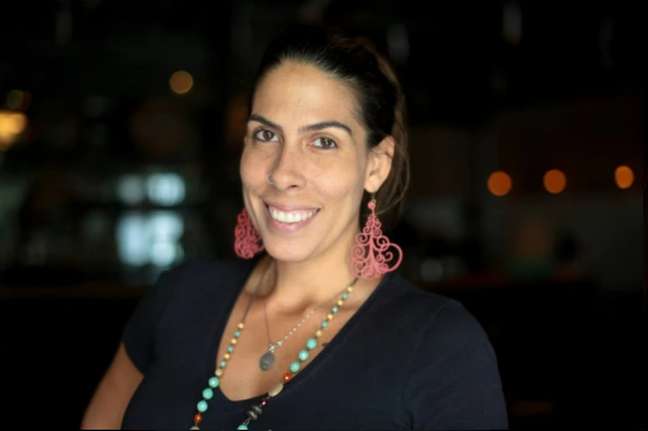
Natanaele Bertolo
A lover of good pubs and good drinks, according to him he takes care of draft beer and beers in the Câmara Fria, Original and Pirajá bars, all owned by Cia. Traditional Trade, where he works as a brand manager. He recently took a brewmaster course to learn how to brew his own beer at home, as well as gain a better understanding of all the processes.

Source: Terra
Benjamin Smith is a fashion journalist and author at Gossipify, known for his coverage of the latest fashion trends and industry insights. He writes about clothing, shoes, accessories, and runway shows, providing in-depth analysis and unique perspectives. He’s respected for his ability to spot emerging designers and trends, and for providing practical fashion advice to readers.

